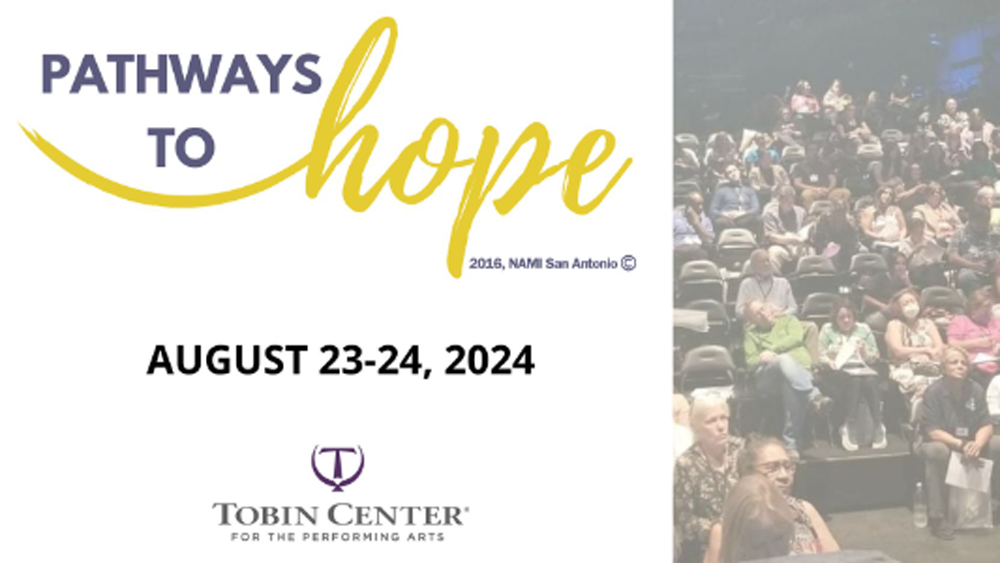As we observe BIPOC (Black, Indigenous, and People of Color) Awareness Month this July, it is crucial to shed light on an often overlooked aspect of racism: its profound impact on mental health. The relationship between systemic racism and mental health is complex, deeply rooted, and has far-reaching consequences for individuals and communities.
Racism is not just a social and moral issue; it is a public health crisis. The constant exposure to discrimination, microaggressions, and systemic inequities creates a pervasive and chronic stressor for BIPOC individuals. This stress can manifest in various ways, including anxiety, depression, and post-traumatic stress disorder (PTSD). The American Psychological Association (APA) highlights that experiences of racism can lead to both immediate and long-term psychological distress.
BIPOC communities face significant disparities in mental health outcomes. According to the U.S. Department of Health and Human Services Office of Minority Health, Black adults are 20% more likely to report serious psychological distress than white adults. Similarly, Indigenous populations experience higher rates of PTSD and suicide compared to other racial groups. These disparities are not solely due to individual experiences but are compounded by broader societal and structural factors.
Access to mental health care is another critical issue. BIPOC individuals are less likely to receive mental health services compared to their white counterparts. This disparity is driven by various factors, including economic barriers, lack of culturally competent care, and stigma within communities. For instance, a study published in the journal *Psychiatric Services* found that only one in three African Americans who need mental health care receives it. Additionally, BIPOC individuals are more likely to end up in the criminal justice system than to receive much-needed mental health services. This systemic failure further exacerbates mental health issues and creates a vicious cycle of disadvantage and marginalization.
Cultural competence in mental health care is essential for addressing these disparities. Mental health professionals must understand and respect the cultural backgrounds and experiences of BIPOC individuals. Culturally competent care involves recognizing the impact of systemic racism and providing support that acknowledges and validates these experiences. Efforts to diversify the mental health workforce and train providers in cultural competence are steps in the right direction.
Community-based approaches to mental health care can also play a vital role in supporting BIPOC communities. These approaches leverage the strengths and resources within communities to provide culturally relevant care. Programs that incorporate traditional healing practices, peer support, and community advocacy have shown promise in improving mental health outcomes.
Addressing the mental health impacts of racism requires a multifaceted approach. It involves policy changes to address systemic inequities, increasing access to culturally competent care, and fostering community-based solutions. It also requires a commitment from society to confront and dismantle racism in all its forms.
As we honor BIPOC Awareness Month, let us recognize the resilience of BIPOC communities in the face of adversity. Let us also commit to creating a more equitable and just society where mental health and well-being are accessible to all. The fight against racism is not just about changing minds but also about healing hearts and minds.
For those living with symptoms of a mental health condition, 18 and older who are in the Black, Indigenous, People of Color Community are invited to join Black, Indigenous, and People of Color (BIPOC) Support Group by NAMI Greater San Antonio. This group is for a time of support and empowerment. They meet every 2nd and 4th Monday of the month. This will be an online support group.
• Free of cost to participants
• Confidential. NAMI Greater San Antonio does not allow observers into these groups.
• Designed for adults (18+) with mental health conditions
• No specific medical therapy or treatment is endorsed
For more information, please call (210) 734-3349
Photo Caption: Pathways to Hope is a FREE immersive and empowering two-day conference that takes place at the prestigious Tobin Center for the Performing Arts. This city-wide event serves as a vital platform for connection and collaboration, uniting a diverse range of participants including mental health professionals, social workers, educators, members of the judicial system, law enforcement personnel, faith community leaders, caregivers, and individuals personally impacted by mental health diagnoses. Together, these stakeholders come together to address and enhance the mental health care system, fostering a supportive and transformative environment for all involved.









